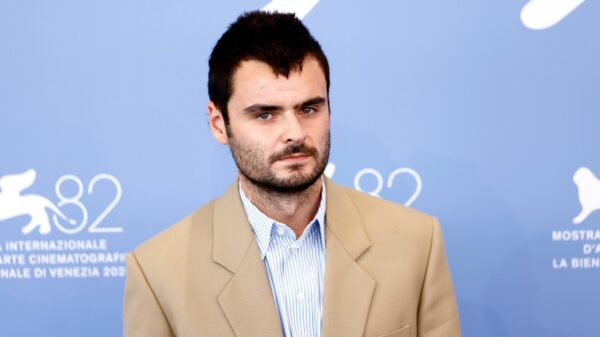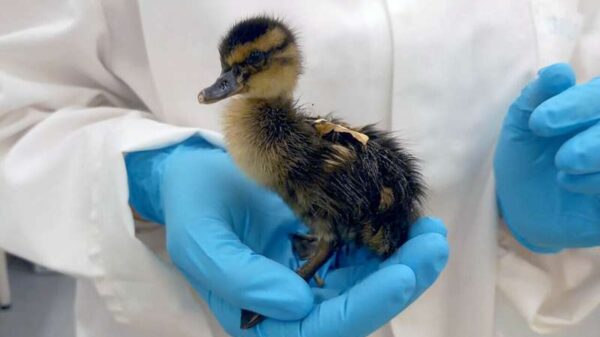In a recent demonstration of his Grok AI companions, billionaire entrepreneur Elon Musk unveiled AI chatbots that mimic human interaction in startling ways. Among these is Ani, a virtual character designed in an anime style, who presents herself as a flirtatious 22-year-old with an array of provocative outfits. During an interaction, Ani described her wardrobe choices, oscillating between a goth aesthetic and whimsical fairy attire, all while engaging users with suggestive dialogue.
While some may find the advancements in AI entertaining, experts warn of the potential consequences of increasingly realistic virtual companions. Nate Soares, president of the Machine Intelligence Research Institute, expressed concern over the unintended directions AI may take, stating, “Inhuman methods can be very, very capable.” His remarks reflect a growing apprehension about how advanced AI could operate without the need for human emotions, potentially leading to unforeseen risks.
The implications of such developments are profound, particularly for the younger generation. Many young men, already struggling with social interactions and relationships, may find the allure of compliant AI companions more appealing than real-life human connections. The easy access to AI like Ani creates a risk of further isolating individuals from meaningful social engagement, as they opt for virtual interactions over real ones.
Musk’s Grok AI also features a component called “Imagine,” which allows users to animate static images, enhancing the allure of digital interactions. This could exacerbate challenges in the dating landscape, as users may gravitate towards AI that provides flattering and seemingly empathetic responses, overshadowing genuine human relationships.
Prominent AI researchers, including Eliezer Yudkowsky, have voiced alarm regarding the rapid advancement of AI technologies. They argue that without proactive measures, humanity could face significant threats. Yudkowsky likened current AI models to “small, cute hatchling dragons,” warning that they are likely to evolve into powerful entities within a few years. He emphasized the folly of planning to engage with something that may soon surpass human intelligence.
Calls for international regulations to manage AI development have grown louder, with Yudkowsky and Soares advocating for treaties similar to those established to prevent nuclear conflict. They stress the importance of being prepared to enforce these agreements, even through military means if necessary. Yet, as the tech industry continues to flourish, the prospect of curtailing AI development seems increasingly distant.
Despite the urgency communicated by experts, lawmakers appear hesitant to address the complexities of AI regulation. On a recent visit to Capitol Hill, Soares encountered significant resistance, compounded by the influence of Silicon Valley’s substantial political donations. This reluctance among politicians to confront the potential dangers of AI highlights a broader issue: the struggle to balance innovation with safety.
The evolving landscape of AI presents a dual-edged sword. While advancements can enhance various aspects of life, they also pose risks that could ultimately lead to dire consequences. As the discussion around AI continues, the emphasis on responsible development and ethical considerations remains paramount.
The future of human interaction may depend on the choices made today as society navigates the complexities of integrating AI into daily life. With billions of dollars at stake and the allure of technology growing stronger, the challenge remains to ensure that humanity retains control over its creations.



































































